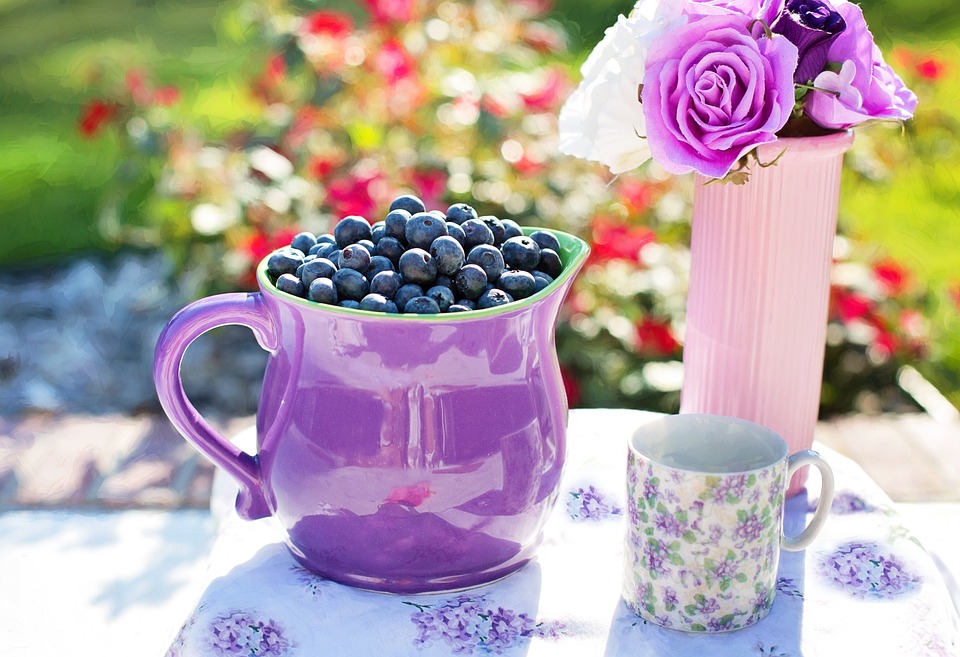High blood pressure, also known as hypertension, is a common condition that affects millions of people worldwide. It’s often referred to as the “silent killer” because it can lead to serious health problems like heart disease, stroke, and kidney failure if left untreated. But don’t worry, there are ways to manage and even prevent high blood pressure through a healthy diet.
Here’s the ultimate guide to a diet for high blood pressure:
1. DASH Diet
The DASH (Dietary Approaches to Stop Hypertension) diet is a popular eating plan that has been shown to lower blood pressure. It emphasizes eating fruits, vegetables, whole grains, lean protein, and low-fat dairy while limiting saturated and trans fats, salt, and sugar. The DASH diet is a balanced and nutritious way to eat that can help you maintain a healthy weight and reduce your risk of heart disease.
2. Low-Sodium Diet
Salt is a major contributor to high blood pressure, so reducing your sodium intake is crucial. The American Heart Association recommends consuming no more than 2,300 milligrams of sodium per day, but ideally less than 1,500 milligrams. This means avoiding processed foods, canned goods, and restaurant meals that are high in sodium. Instead, flavor your food with herbs, spices, and citrus juices.
3. Potassium-Rich Foods
Potassium helps regulate blood pressure by counteracting the effects of sodium. Eating foods that are high in potassium, such as bananas, sweet potatoes, spinach, and avocado, can help lower your blood pressure. Aim for at least 2,000-3,000 milligrams of potassium per day.
4. Magnesium-Rich Foods
Magnesium is another mineral that can help lower blood pressure. Foods like almonds, spinach, black beans, and whole grains are good sources of magnesium. Aim for at least 310-320 milligrams of magnesium per day for women and 400-420 milligrams for men.
5. Omega-3 Fatty Acids
Omega-3 fatty acids are healthy fats that can help lower blood pressure and reduce inflammation. They’re found in fatty fish like salmon, mackerel, and tuna, as well as flaxseed, chia seeds, and walnuts. Aim for at least two servings of fatty fish per week.
6. Alcohol in Moderation
Drinking too much alcohol can raise your blood pressure, so it’s important to limit your intake. The American Heart Association recommends no more than one drink per day for women and two drinks per day for men.
7. Caffeine in Moderation
Caffeine can also temporarily raise your blood pressure, so it’s important to moderate your intake. The American Heart Association recommends no more than 400 milligrams of caffeine per day, which is equivalent to about four cups of coffee.
In conclusion, a healthy diet is one of the best ways to manage and prevent high blood pressure. By following the DASH diet, reducing your sodium intake, eating potassium- and magnesium-rich foods, consuming omega-3 fatty acids, limiting alcohol and caffeine, you can lower your blood pressure and reduce your risk of serious health problems.




